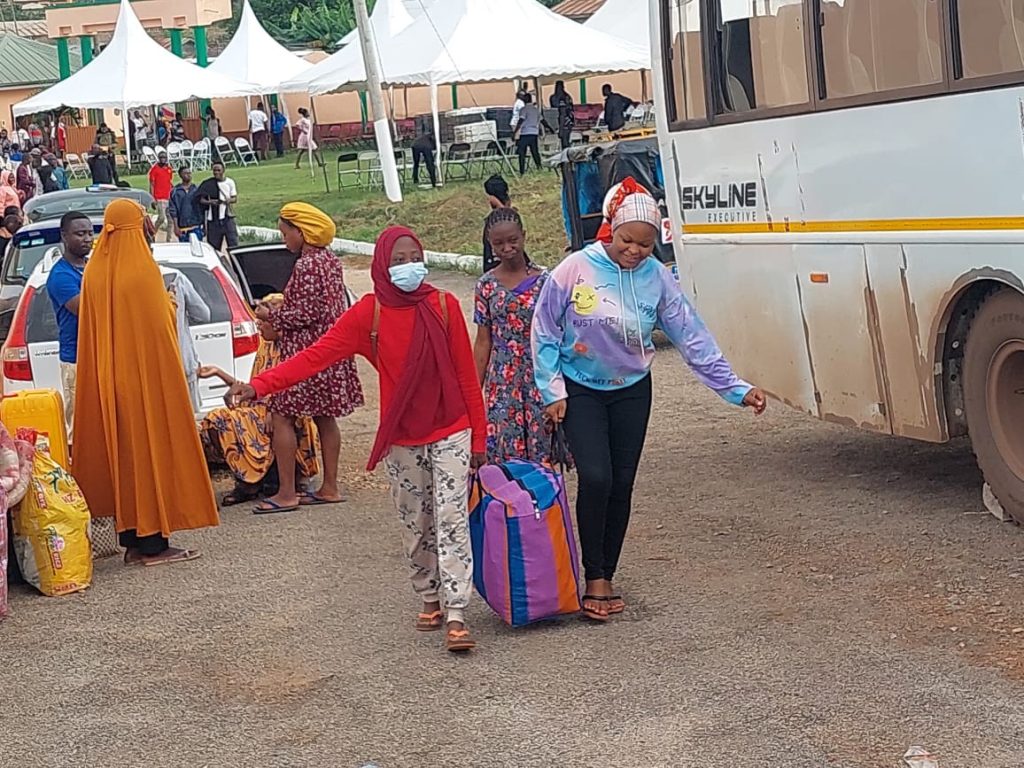By Muyid Deen Suleman
Fomena (Ash), July 30 GNA – Professor Elliot Alhassan, Pro Vice Chancellor of the University for Development Studies (UDS) has emphasized the need for Ghana to redesign its education system to place emphasis on hands-on practical training.
He said Ghana’s current development challenges necessitated a shift from the traditional classroom-based to a hands-on practical job training education.
Speaking at an orientation service for students of the university who were about to embark on their community service as part of their training, Prof Alhassan said Ghana needed to revamp its educational system to equip students with the mindset and skills to address domestic challenges effectively.
A total of 6,425 first-year students were oriented and dispatched to assist 642 rural communities in the Ashanti Region.
The beneficiary districts are Asante Mampong, Adansi North, Adansi Asokwa, Bekwai, Bosomtwe and Bosome Freho.
Community service is part of the University’s Third Trimester Field Practical Programme (TTFPP), aimed at identifying priority socio-economic development challenges in those communities.
Prof Alhassan pointed out that the outreach programme of UDS would serve as a platform for reducing hunger, and poverty, and eradicating diseases by leveraging local resources to provide quality education, food, and healthcare for all.
He called for a paradigm shift towards a model of education that focused on empowering students to identify and design solutions for local communities’ development challenges.
Dr Alhassan Musah, the Dean of Students at UDS, reminded the students that their new locations were extensions of their campuses and that all university rules and regulations would be enforced.
He cautioned them against engaging in negative and illegal activities such as “galamsey,” emphasising that the university rules applied in the communities as well.

Dr. Vida Yanong, the Dean of the School of Nursing and Midwifery, guided the students in adapting to their host communities by respecting the traditions, cultures and people.
She advised them to quickly acclimate to their new environment by learning the local language and avoiding isolated areas.
UDS, being the sole tertiary institution in Ghana undertaking a Trimester academic schedule aside from the normal academic calendar, has initiated this program. Through this initiative, equivalent to six Credit Hours, participating students will immerse themselves in different cultures, norms, values, and social lives outside their hometowns as part of the national social integration and cohesion plans.
Established 32 years ago, UDS has positioned itself to deploy students to rural communities in northern Ghana where the main and satellite Campuses are located. However, for the second year in a row, the university management extended the practical student work to the Ashanti region.
GNA